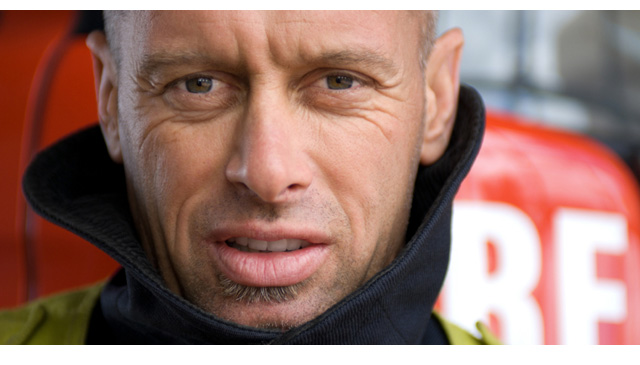Qualities of a Top Law Enforcement Professionals


So what really makes a good law enforcement professional? Some of the more obvious qualities and characteristics--integrity, honesty, calm under pressure, and strength--may be the first things that come time mind. But the qualities of top law enforcement professional go far beyond the obvious to include less obvious qualities including refined interpersonal communication skills, psychological competencies, unwavering commitment, and physical strength--all of which are required in order to provide effective, efficient law enforcement services.
Communication Skills
We all heard the old adage, "The best way to win a fight is to avoid a fight." and this couldn't be more true of the law enforcement profession. Law enforcement professionals only want to use physical force and restraint as a last resort as a tactic to enforcing the law. The most effect law enforcement professionals are those that are able to resolve issues and enforce the laws without resorting to physical confrontation.As such, effective verbal communication is probably the number one asset and quality of any law enforcement professional. Effective communication skills enable law enforcement officers to develop rapport with the public, colleagues and informants and disarm would be criminals. Good communication skills may enable a law enforcement officer to avoid serious injury or even death.
In addition, an effective law enforcement officer will have the ability to comprehend a large variety of verbal and non-verbal cues and will know how to respond to these cues in the most appropriate or advantageous way. Effective communication skills will also enable a law enforcement officer or professional to interact successfully in both work and community environment which may include diverse cultures, races, and socioeconomic backgrounds. Good law enforcement officers will also have refined interviewing and conflict resolutions skills.
Law enforcement officers and law enforcement professional in general who take the time to develop their communication skills will not only become better at their job but they'll also have more advancement opportunities throughout their careers. Law enforcement professionals who are promoted into supervisory or management positions typically have superior communication skills.
Commitment to Helping People
Good law enforcement officers are not only strong and manly but they are also meek and mild. A good law enforcement professional should be driven by a strong and sincere motivation to help better other peoples' lives and situations, protect those who cannot protect themselves, and make a positive difference in the world be it large or small. Good law enforcement officers and professionals feel a sense of duty and commitment to community service. Good law enforcement officers demonstrate their commitment by continually assisting those in the community notwithstanding the inherent risk and dangers of the job.Ability to Handle Work with Difficult People in Difficult Situations
Law enforcement officers often find themselves dealing with those elements of society that refuse to obey the law. Consequently, they must face difficult people and potentially dangerous situations on a regular occasion. These situations may include confronting an angry husband while responding to a domestic violence call, dealing with the perpetrator of road rage, or in more serious cases participating in the apprehension of dangerous felons. Even in these difficult situations a good law enforcement professional will always maintain his or her composure and manage the situation with the least amount of physical force necessary while complying with all relevant procedures and laws.Good law enforcement officers are also good at taking educated risks and finding creative solutions to problems. Despite the best preparation and training, law enforcement officers face many situations in the field that they have not confronting previously. Law enforcement officers must be able to think quickly and act decisively while simultaneously uploading the law. And when a mistake is made a good law enforcement officer or professional will recognize the mistake, acknowledge it, be accountable for the mistake and rectify it.
Physical and Psychological Attributes
Outside of professional sports, there are few careers that are as physically challenging and dangerous as law enforcement. Law enforcement officers (police officers) must physically and mentally fit at all times in order to effectively carryout their duties. Not only is law enforcement physically demanding but it is also emotionally demanding. In order for a law enforcement officer to be successful he or she must be mentally fit as well as physically fit.Law enforcement officers are required to pass routine physical exams and drug tests. Excellent vision (20/30 or better in each eye with or without corrective lenses) is also a requirement to be a law enforcement officer. All other aspects of eye sight and hearing are also required to be within an acceptable range. Not only physical strength but stamina and agility are also important. Routine physical exams, comprised of site-ups, push-ups and running, ensure that law enforcement offers are always in peak condition.
Good law enforcement officers are also psychologically sound and can readily adapt to new and changing situations. They must show sound judgment and reasoning in stressful situations and under extreme pressure.
About
Privacy Policy
Contact Us
Submit a Resource
